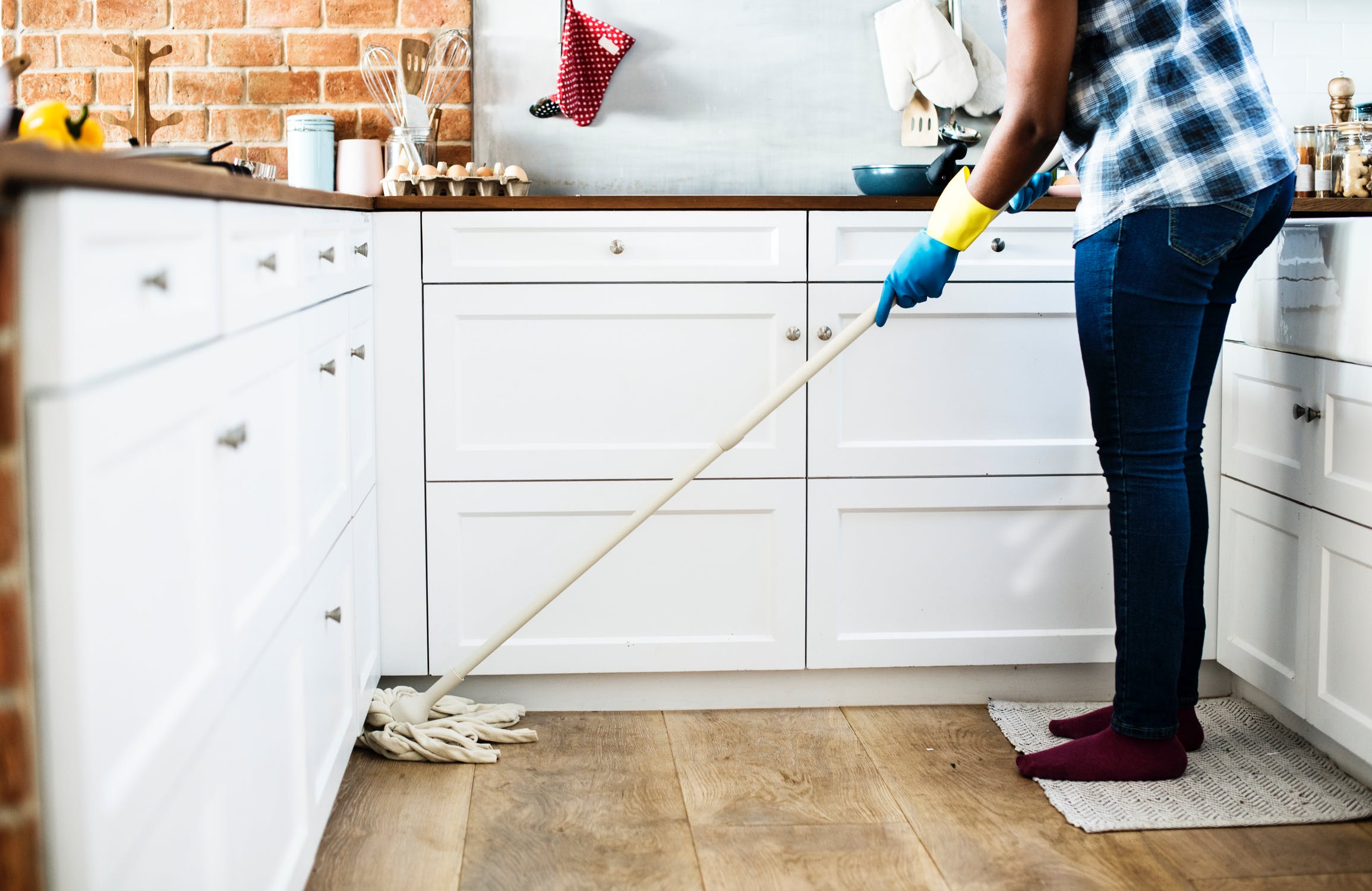Cleaning your home may be as bad as smoking 20 cigarettes a day, a new study published in American Journal of Respiratory and Critical Care Medicine claims. Asthma was found to be more common (12.3%) among women who cleaned their homes than those who didn’t. In addition to causing environmental pollution, conventional cleaners contain chemicals known to irritate the eyes, throat, and lungs, as well as cause chronic respiratory problems, allergic reactions, headaches, and even cancer. Moreover, research indicates exposure to many microbes is actually beneficial to the immune system — something we’re no longer getting in our quest for super-sanitised homes.
Bacteria and our immune systems
Out of the trillion species of bacteria in existence, only around 100-200 are actually dangerous to humans. The others, while not harmful, do stimulate our immune systems upon contact. Exposure to microbes in our living environments is essential for developing a strong, healthy immune system — particularly during the first year of life. A mother’s exposure to germs during pregnancy is also important for the developing baby. Research suggests exposure to a rich diversity of germs is what we need for optimal health. But unfortunately, on the whole, modern, sterilised indoor homes are no longer providing us with this kind of varied exposure.
Germs can be good for you
Wealthy and typically heavily-sanitised nations tend to have higher rates of asthma and allergies than developing countries. In fact, people who move from developing countries to wealthier ones have a higher chance of developing these diseases than those who stay in their home countries. Research has also shown adults who use antibacterial sprays in their homes have higher asthma rates, and people who are more frequently exposed to triclosan (a common antibacterial and antimicrobial chemical) have higher allergy and hay fever rates. Alternatively, children who grow up on farms around animals or who have pets are exposed to greater diversity of microbes and have been found to have lower rates of allergies and asthma.
Cleaning your home
Keeping a clean home is still important, but you don’t always need to aim for such super-sterilised standards. When you switch to eco-friendly cleaners, you won’t be exposed to antibacterial ingredients which do more harm than good. Harsh conventional cleaners damage the environment and pose health risks, including allergic reactions and increased risk of cancer. Non-toxic solutions work just as well. For example, use white distilled vinegar to effectively sanitise counters and remove mold and mildew in your home instead of bleach. Look for cleaners labelled “petroleum-free” or “phosphate-free” and make sure they don’t contain chlorine, triclosan, triclocarban, lye, glycol ethers, alcohol, or ammonia.
Of course, it’s important to take care of bacteria-related health concerns in your home as soon as possible. Dispose of rotting food, fix leaks that could cause mold growth, and wash cutting boards and knives immediately after chopping raw fish or meat. However, it’s okay to let your child have an unsterilised pacifier that’s fallen on the floor and allow them to play in the dirt. It’s this exposure to microbes that will help them build a strong, healthy immune system.
